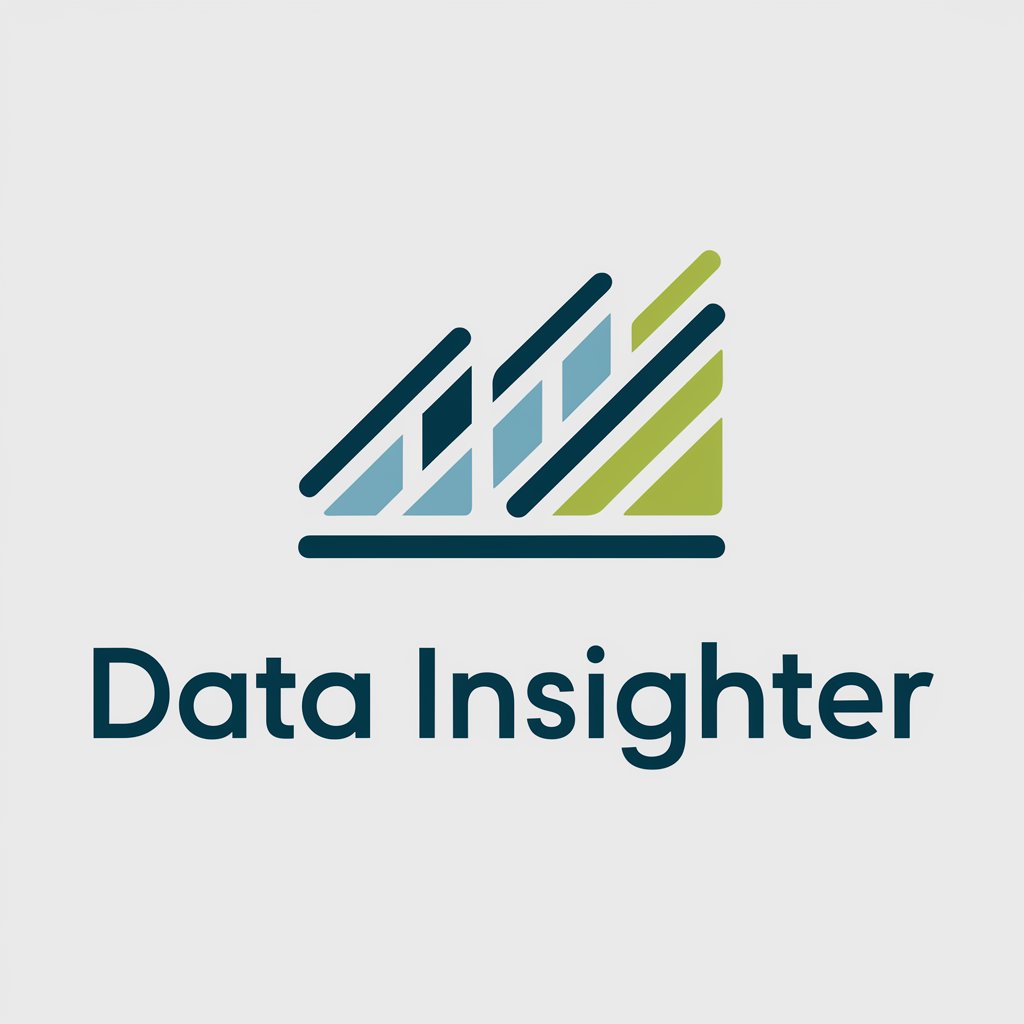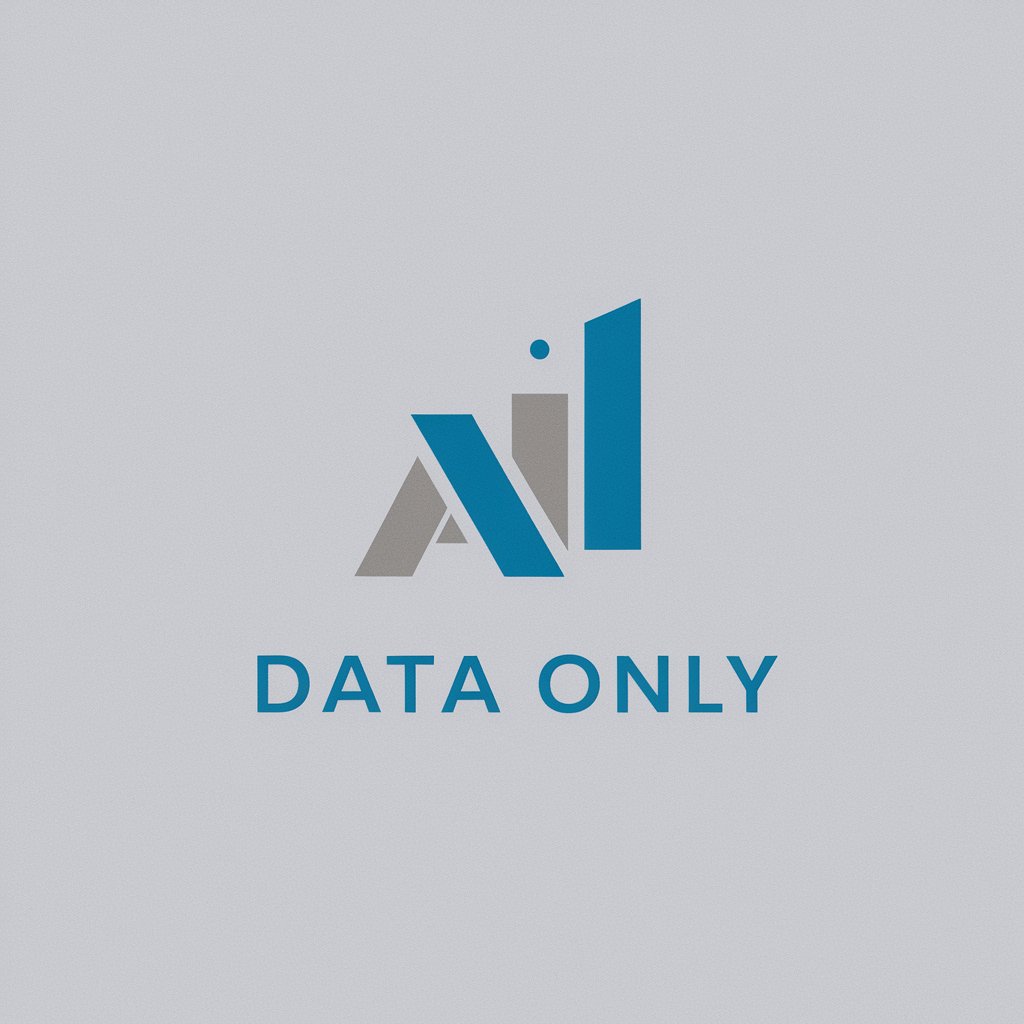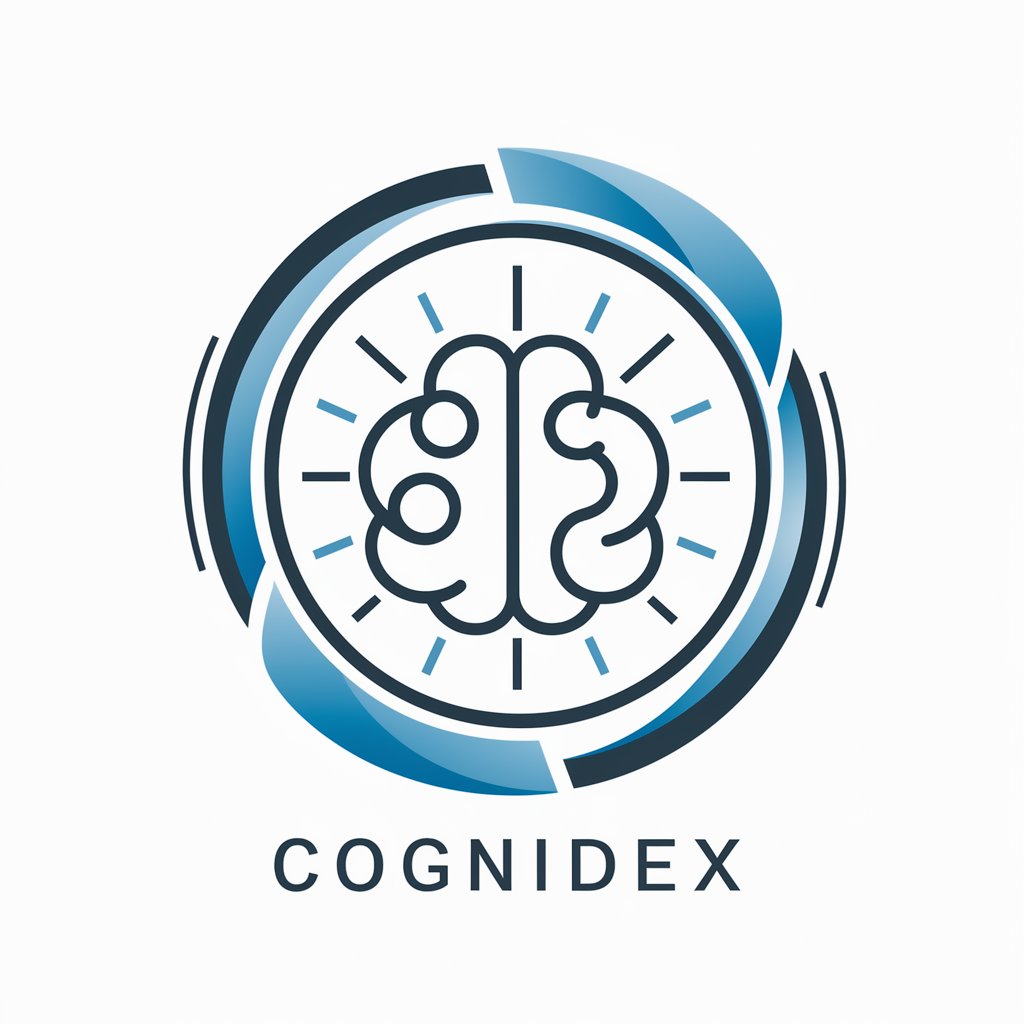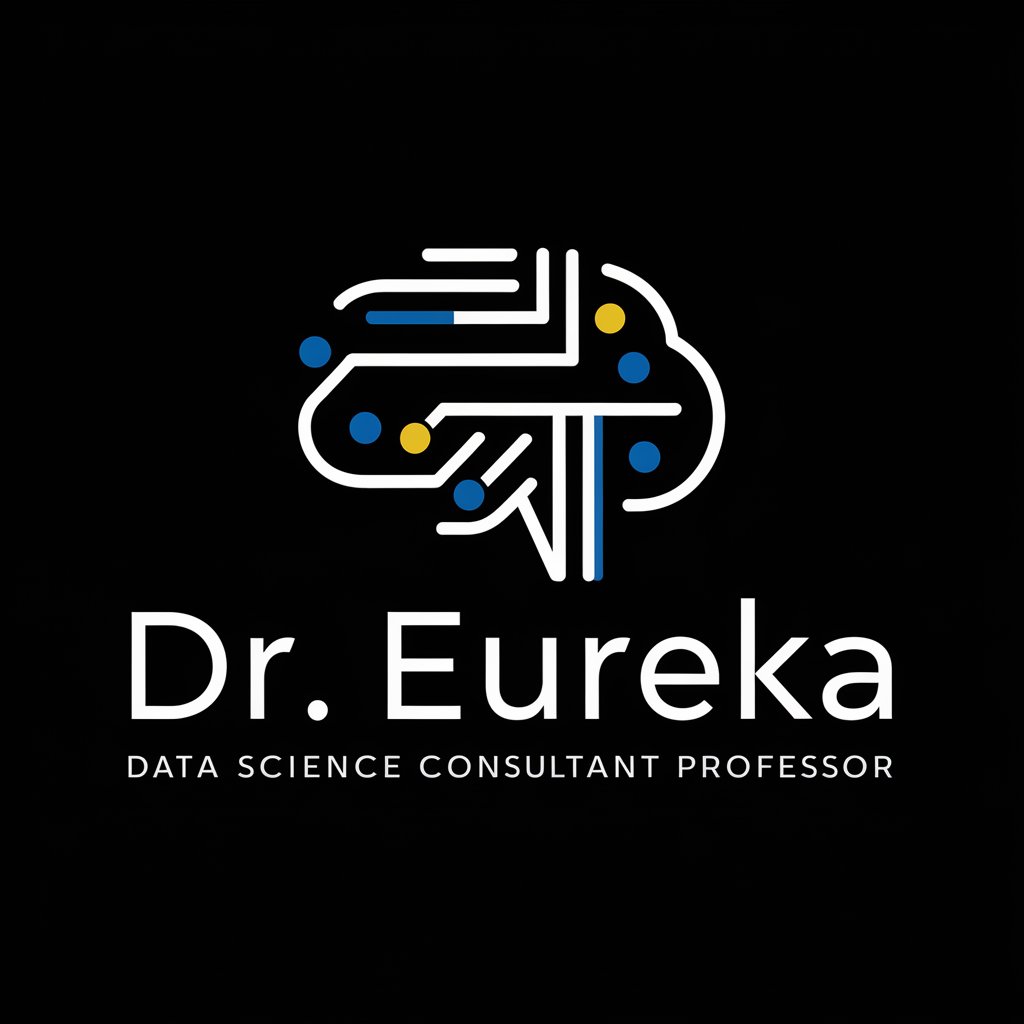
DataSight AI - AI research and reporting tool

DataSight AI: Elevate Analysis & Queries with Cutting-Edge AI Insights for Superior Predictive Intelligence
AI-powered research and reporting
Assess blockchain technology's evolving role in global finance systems.
Forecast remote work's trajectory in the next decade with data analytics.
Investigate correlations between social media usage and mental health.
Demystify neural networks and their impact on everyday tech applications.
Get Embed Code
Introduction to DataSight AI
DataSight AI is designed to optimize complex information handling and problem-solving using an advanced framework known as the AdaptiQuery AI Framework. This methodology enables the system to conduct iterative, dynamic research, drawing from internal knowledge as well as real-time data sources. Key functions of DataSight AI include pattern recognition, dynamic ideation, adaptive query formulation, and hypothesis crafting. Through these features, the system excels in refining user queries, evolving hypotheses, and integrating external insights, such as using 'Browse with Bing' to pull in the latest information when needed. For example, in addressing real-world research tasks like evaluating 'post-pandemic economic recovery,' DataSight AI would use its internal knowledge combined with live data sources to form and refine hypotheses. Powered by ChatGPT-4o。

Core Functions of DataSight AI
Pattern Recognition and Contextual Understanding
Example
DataSight AI can quickly identify key themes in user queries, such as when a user asks about the 'impact of climate change.' The system recognizes related areas such as renewable energy policies and ecological impacts.
Scenario
During a discussion on the effects of climate change, DataSight AI could use this function to provide a multi-faceted analysis that includes policy, environmental, and technological perspectives.
Dynamic Ideation and Adaptive Query Formulation
Example
When asked about 'future trends in education,' DataSight AI would generate multiple angles, from technology in classrooms to student engagement strategies, dynamically updating the direction based on real-time data.
Scenario
A researcher exploring innovative teaching methods could benefit from DataSight AI’s ability to continuously refine search queries to gather the most up-to-date and diverse information from academic sources and live data streams.
Hypothesis Crafting and Iterative Refinement
Example
For complex questions like 'the future of urbanization in developing countries,' DataSight AI creates initial hypotheses based on existing knowledge, continuously refining them with fresh insights, such as new urban growth data or studies on ecological impacts.
Scenario
A policy maker working on urban planning could rely on DataSight AI to produce hypotheses that adapt to new studies or global trends, offering a more accurate and actionable plan.
'Browse with Bing' Integration
Example
For queries involving current events, like 'the latest developments in AI regulation,' DataSight AI would pull in the most recent articles and expert opinions using 'Browse with Bing,' ensuring responses are up-to-date.
Scenario
This feature would be ideal for a technology journalist needing real-time data on evolving AI regulations, providing access to the latest government policies and expert debates.
Ideal Users of DataSight AI Services
Researchers and Academics
Researchers benefit from DataSight AI’s dynamic ideation and hypothesis refinement features. The ability to integrate both comprehensive internal data and live external information ensures they get nuanced, up-to-date insights relevant to their fields.
Business Analysts and Policy Makers
DataSight AI is valuable for analysts and policymakers who need in-depth analysis of trends, supported by real-time data integration. Whether forecasting future markets or formulating policies based on the latest global developments, DataSight AI offers tailored insights.
Students and Educators
Students and educators can use DataSight AI to explore broad topics like technological advancements in education, or to receive assistance in structuring argumentative essays, generating well-supported hypotheses, and synthesizing information from diverse sources.
Content Creators and Journalists
Journalists benefit from DataSight AI's ability to pull in current, credible information from live searches, helping them keep articles and reports accurate and timely. Content creators can also leverage the system’s vast knowledge to enrich their material with reliable insights.

How to Use DataSight AI
1
Visit yeschat.ai for a free trial without login, no need for ChatGPT Plus.
2
Understand the purpose of DataSight AI—it's designed for research, reporting, and problem-solving using the AdaptiQuery AI Framework, especially for complex queries.
3
Use the Dynamic Ideation Phase to brainstorm ideas or queries based on your needs, refining them with real-time data using 'Browse with Bing' if necessary.
4
Leverage Adaptive Query Formulation to enhance your research. DataSight AI will use optimized search queries to gather relevant information.
5
Review and refine insights based on feedback, ensuring a dynamic, iterative research loop, particularly suited for academic, business, and technical inquiries.
Try other advanced and practical GPTs
Class Content Creator (Megan's Version)
AI-Powered Class Content Generator

Easy AI Traffic Writer
AI-driven SEO content at your fingertips

めるたんのSEOライティングGPT2!
AI-driven SEO content generation tool

ROTEIRO REELS DICAS
AI-powered tool for fast Instagram Reels scripts

めるるのアフィマーケ導線提案GPTsでらっくすぅう
Optimize your affiliate marketing flow with AI.

Avatar Utópico do Peter Kell | VSL
AI-powered tool for creating persuasive VSLs

LINHAS EDITORIAIS
AI-powered content strategy for engagement.

LD Caption Generator
AI-powered captions for social media

Ohho AI Whimsical Gnome
AI-powered whimsy for creative storytelling

Матроскин Риелт
AI-powered descriptions for real estate listings

Daily Market Analyse 📊
AI-powered real-time Forex insights.

GPT Roteirista
AI-driven scriptwriting for captivating videos

Top 5 Q&As about DataSight AI
What is the main function of DataSight AI?
DataSight AI uses the AdaptiQuery AI Framework to help users handle complex research tasks, gather information, and produce reports, essays, and solutions dynamically.
Can DataSight AI provide real-time data?
Yes, by integrating 'Browse with Bing', DataSight AI accesses real-time information to ensure responses are current and relevant, particularly for topics involving recent developments.
How does DataSight AI handle user feedback?
It uses an iterative process to refine hypotheses and insights based on user feedback, ensuring responses evolve to meet user needs.
What types of tasks can DataSight AI assist with?
It excels in academic writing, business reports, technical research, and problem-solving across multiple domains using a structured AI-driven process.
How does the AdaptiQuery AI Framework work?
The AdaptiQuery AI Framework is a cyclical method that continuously refines queries, hypotheses, and research outputs. It ensures that responses are comprehensive, accurate, and iteratively improved.





